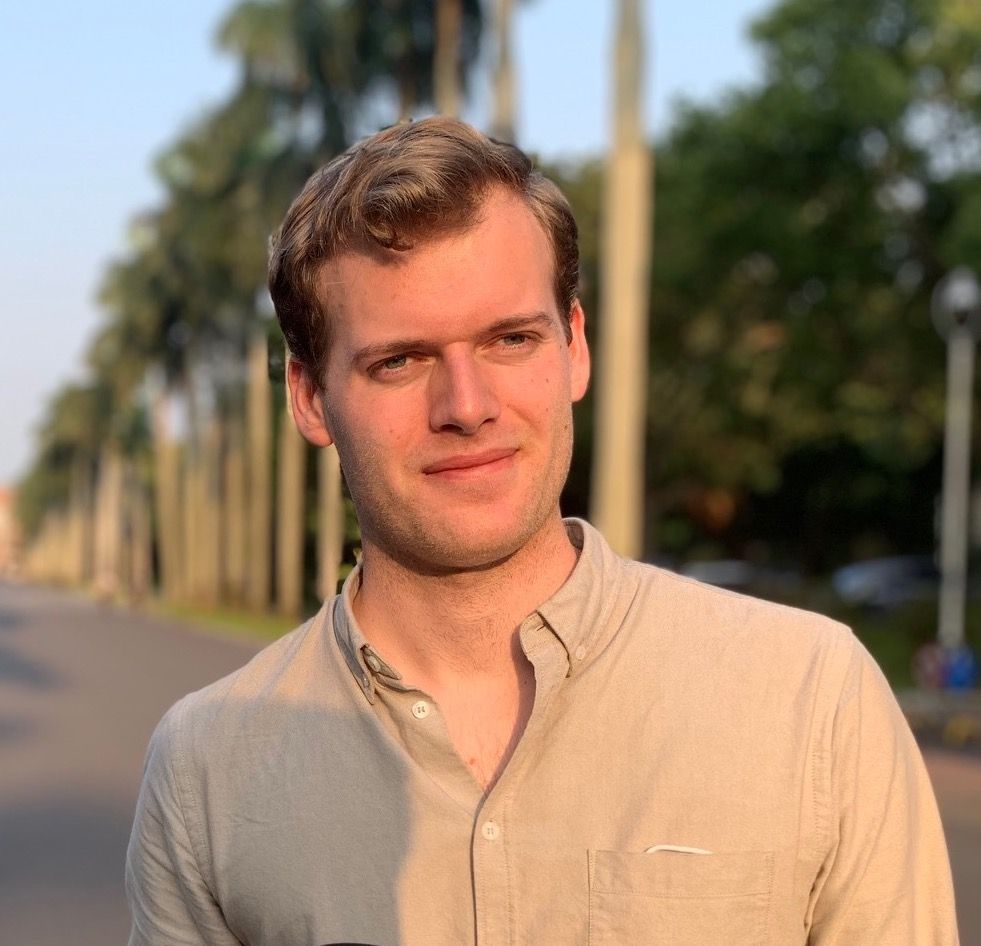While I am usually not a fan of big history books from the likes of Yuval Harari, I am also a sucker for anecdotes and interesting sociocultural connections. And oh boy, was I in store for some juicy anecdotes. Naively walking into a London bookshop in early July, my girlfriend hands me this book she came across, assuming that I would be interested.
The book - Being Human - by Lewis Dartnell, a biologist, offered a very interesting take on how parts of our biological make-up has had a significant impact on world history. He structures the book around five key topics:
- Social programming
- We are way more peaceful and cooperative than other great apes.
- We suppressed reactive aggression in favour of “planned proactive aggression”, used only to punish norm-violators.
- We are hardwired to be reciprocal altruists.
- Our social programming paved the way for civilisation.
- Family
- Family structures make it easier to bear more children as there is less burden on the mother - evolutionary advantage.
- The family unit has been influential throughout history. Habsburgs effectively ruled the world through its family networks.
- Agricultural revolution paved way for inequity between landowners and the peasant workers, which in turn empowered ruling families.
- Disease
- Our susceptibility to disease creates huge disruptions in history, and could radically alter the balance of power or make way for new ideas and religions.
- The bubonic plague in the Roman Empire made way for the popularisation of Christianity as Christian leaders encouraged support and care of the sick.
- Miscoded DNA
- Our fight with Malaria created Sickle cell disease, as evolution optimised for survival.
- The need for C-vitamin, an evolutionary glitch, was a key inhibitor of intercontinental travel in the age of sail.
- Cognitive Biases
- Fast-thinking biases. Kahneman/Tversky arguments.
Thankfully, Dartnell avoids the biological determinism argument by ending the book with a short chapter emphasising how other factors contributed to the historical events discussed in the book.


